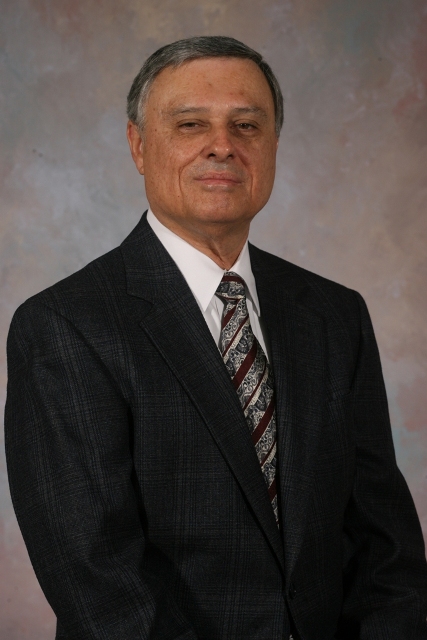Constitutional Law vs. Congressional Politics: What America's Founding Fathers Did Not Anticipate

Dr. Jerold Waltman, The R.W. Morrison Professor of Constitutional Studies at Baylor.
Follow us on Twitter:@BaylorUMediaCom
How far should individuals or churches be able to push free exercise of religion -- especially when it comes to accommodating prisoners with unconventional beliefs and congregations whose ministries and missions may not jibe with restrictions on land use?
With the federal holiday of Constitution Day -- Friday, Sept. 17 -- on the horizon, contemporary constitutional politics in the free exercise of religion is a topic for reflection by Dr. Jerold Waltman, R.W. Morrison Professor of Constitutional Studies at Baylor.
Waltman, a professor of political science, has researched how and why the proposed Religious Liberty Protection Act (RLPA) was crafted, how it was scuttled in 1999 and how it underwent a major transformation to win Congress' approval and become federal law.
His book on the topic -- Religious Free Exercise and Contemporary American Politics: The Saga of the Religious Land Use and Institutionalized Persons Act of 2000 (Continuum, 2010) -- will be released in mid-December.
The decade-old Religious Land Use and Institutionalized Persons Act, which has its roots in the Religious Liberty Protection Act, prohibits imposing burdens that prevent prisoners to worship as they please. It also gives religious institutions a way to avoid burdensome zoning law restrictions on their property use.
Waltman contends that while the constitutional free exercise of religion remains an important value in American politics, it has been "severely buffeted" by those who equate religious choice with other types of choices or by those who see the constitutional free exercise of religion as one affecting racial, ethnic, gender or sexual orientation identities.
Some of those arenas are ones that the country's founding fathers likely did not foresee, Waltman said.
For example, in 1963, the Supreme Court ruled that the constitutional right of free practice of religion required that the government must show a "compelling governmental interest" before denying unemployment compensation to someone who was fired because her job conflicted with her religion. The decision was made in the case of a Seventh-Day Adventist whose religion did not allow her to work on the Sabbath, which she observed on Saturday.
Over time, the "compelling interest" guideline has begun to affect civil rights issues, Waltman said.
When Congress considered the Religious Liberty Protection Act, civil rights versus religious liberty took center stage, he said.
"The central question that emerged was civil rights, with gays and lesbians worried that a comprehensive law might be used against civil rights, especially with regards to housing and employment," Waltman said.
Waltman's book includes background on events leading to Congress' examination of land use and religion -- among them the United States Supreme Court decision in City of Boerne v. Flores in 1997. A Catholic church had been denied a building permit to enlarge its 1923 mission-style building because the plan did not meet guidelines for new construction and additions in a historic district in Boerne, Texas. The archbishop of the diocese sued the city, saying the permit denial burdened the church's freedom to act on its beliefs and violated a recently passed law -- the Religious Freedom Restoration Act of 1993 (RFRA). But the Supreme Court ultimately decided that act was an unconstitutional use of Congress's enforcement powers.
The book ends with an examination of Cutter v. Wilkinson, a 2005 case in which the Supreme Court upheld the constitutionality of the Religious Land Use and Institutionalized Persons Act of 2000. The court ruled that prisoners in facilities that accept federal funds cannot be denied accommodations necessary for them to practice their religion. The case was brought by five residents of an Ohio prison, among them a minister of a white supremacist church, a Wiccan and a Satanist.
Waltman's book is an "account that deepens appreciation for the human qualities of the legislative process," said Dr. Kenneth D. Wald, Distinguished Professor of Political Science, University of Florida.
Waltman said he hopes constitutional law scholars read the book, but "it is chiefly aimed at those interested in religion's place in contemporary American life and perhaps by implication in other Western societies."
Contact: Terry Goodrich, Assistant Director of Media Communications, (254) 710-3321